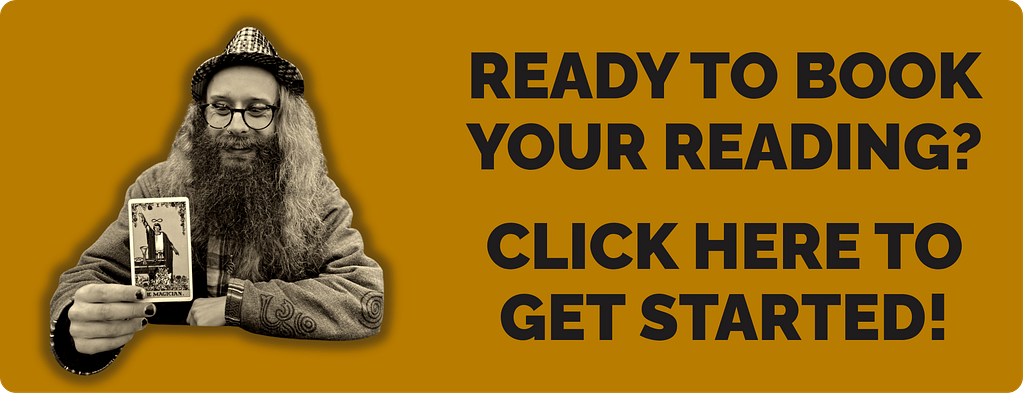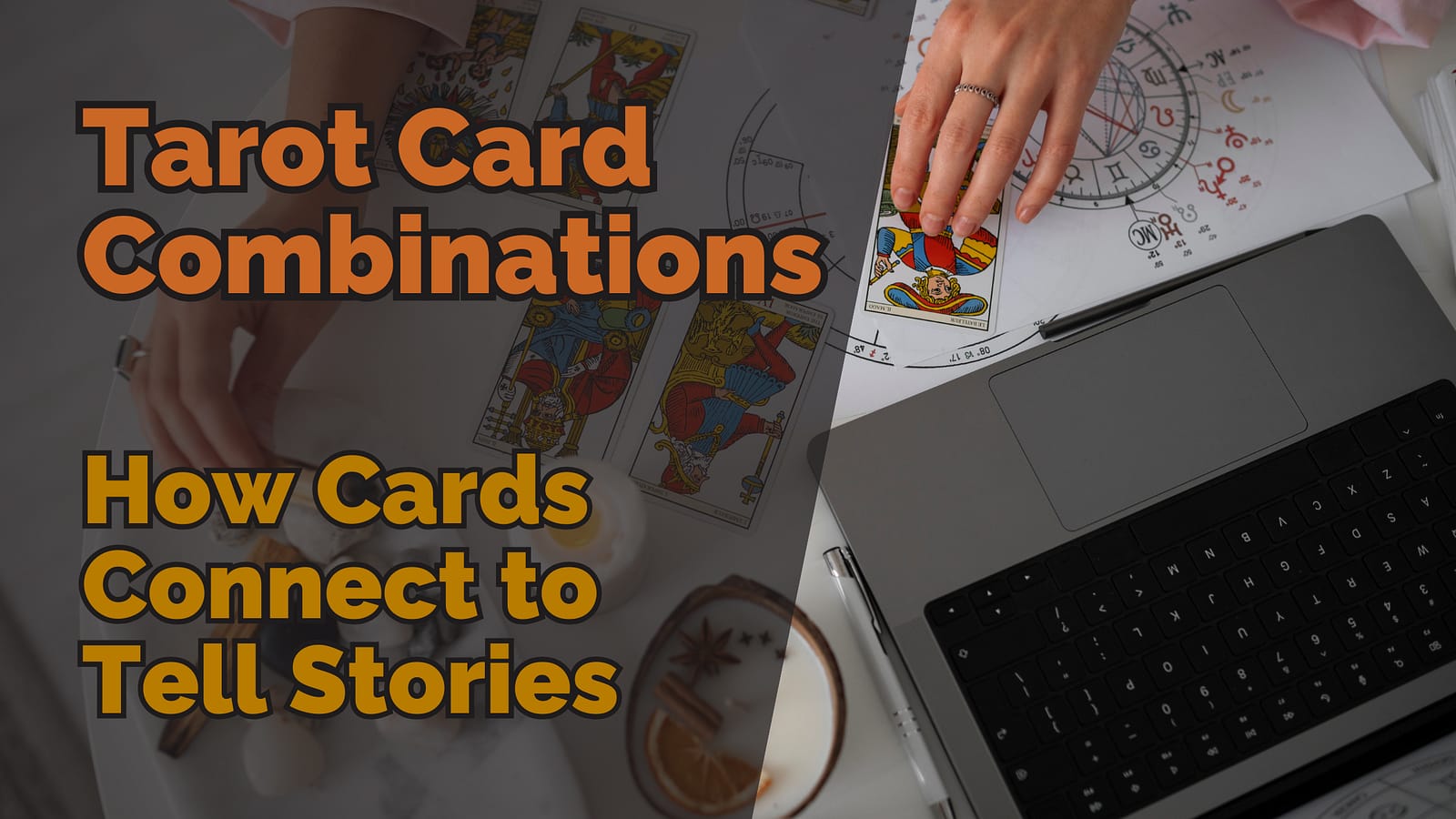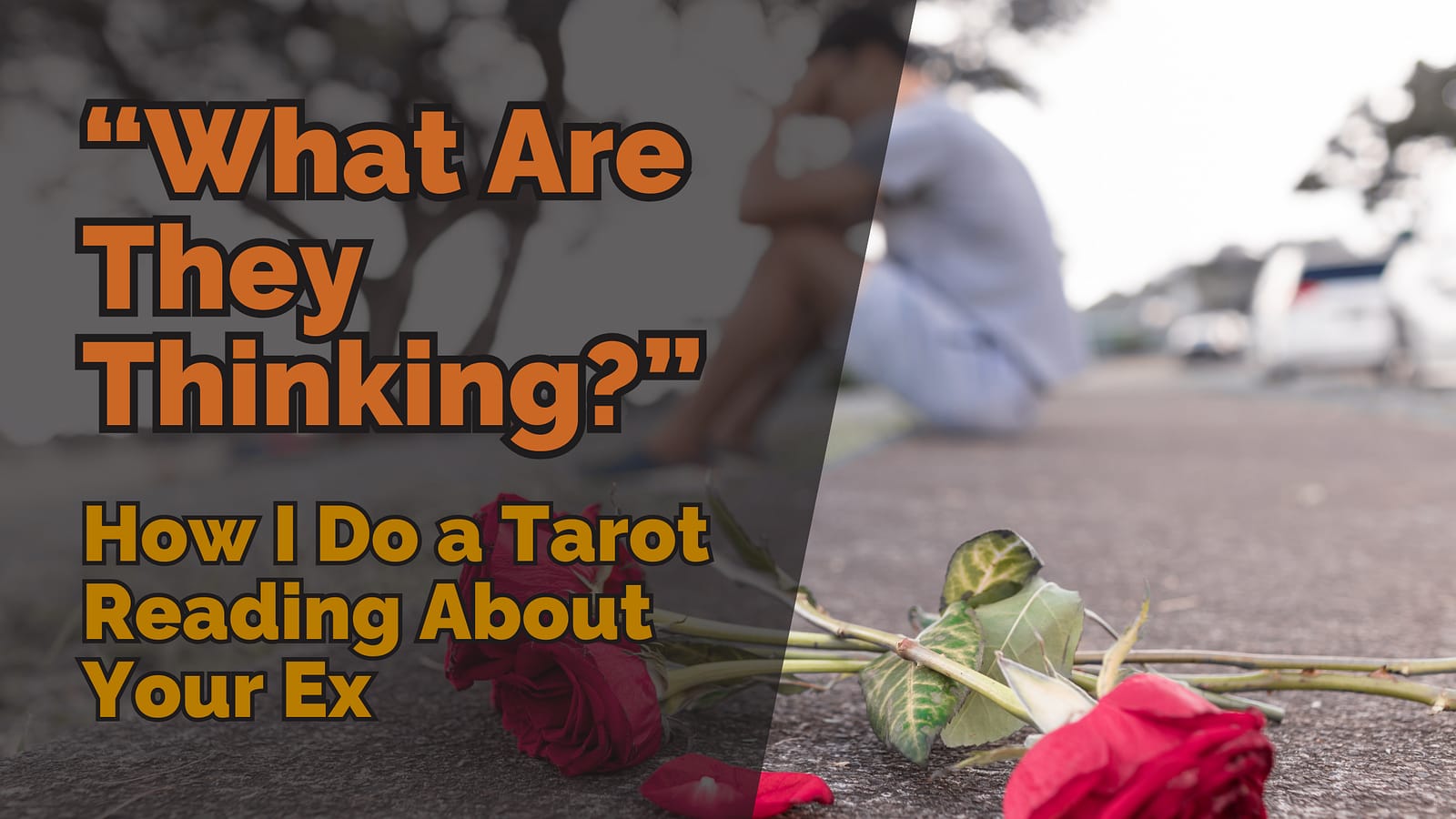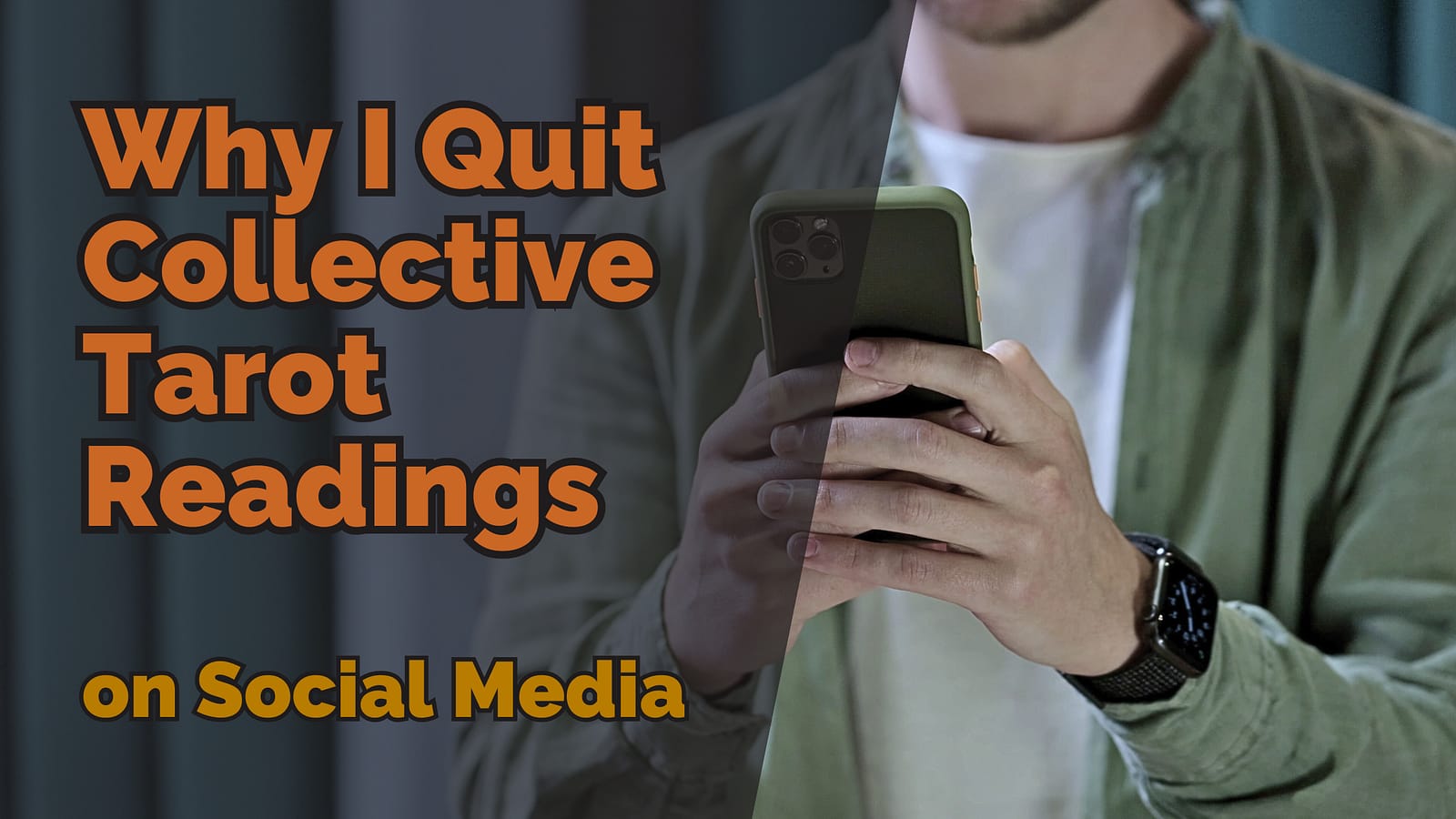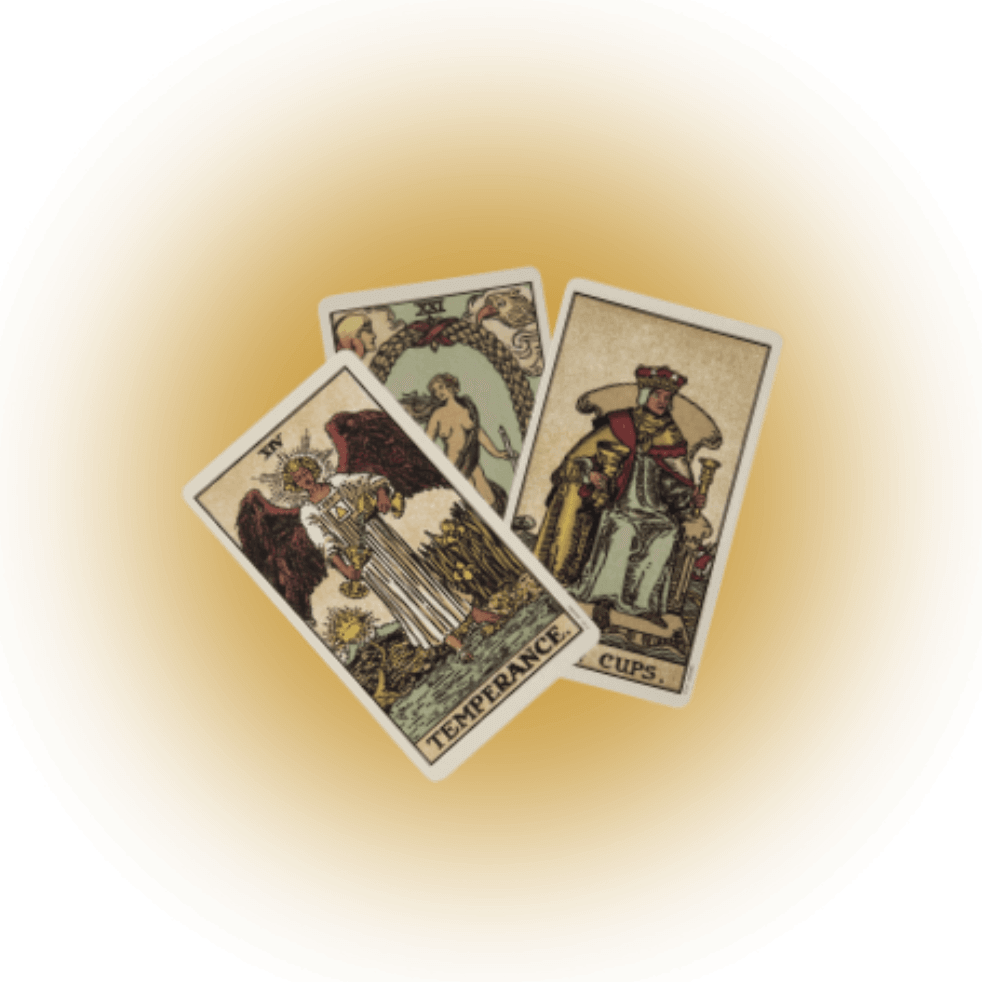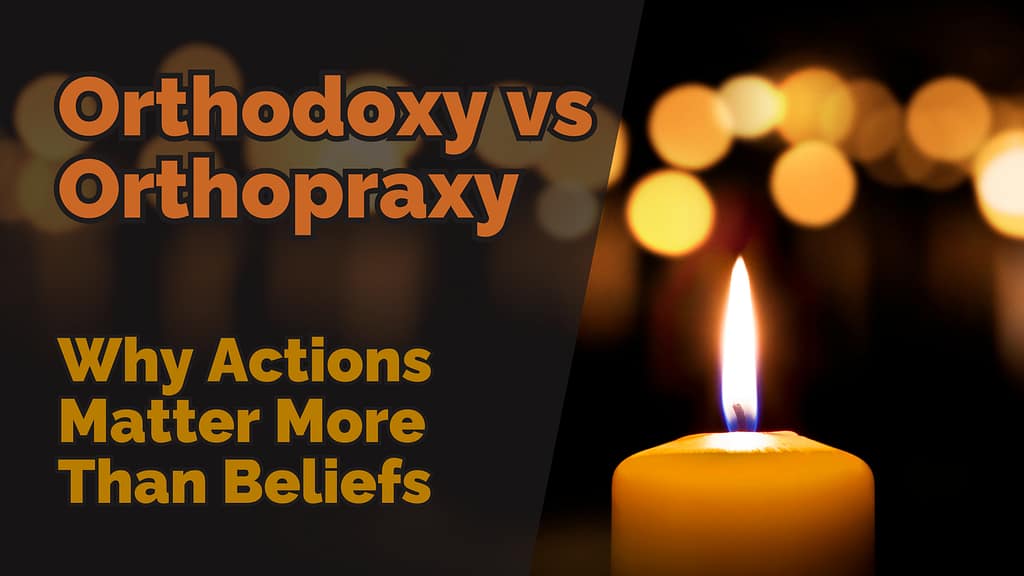
Table of Contents
There’s a dangerous obsession in religion and spirituality with being right. Right doctrine, right belief, right theology. I grew up surrounded by that mindset without even realising it. Believing the right things was what mattered. That was the air I breathed. It didn’t feel oppressive at the time, because it was normal. It was just how Christianity was presented to me. If you believed the right things, you were safe. If you didn’t, you were wrong, sinful, or deceived. The world outside was lost, and any criticism of faith was framed as an attack by the enemy.
It wasn’t until years later, when I began critically reflecting, that I recognised how much of that was what I’d now call blind orthodoxy. Back then I wasn’t thinking in those terms. I didn’t feel like I was living in a culture obsessed with belief for its own sake. I just thought this was the truth. Now, when I look back, I see how deep that orthodoxy ran, how much it shaped the way I saw myself and the world. It gave me certainty, but it also blinded me. It excused harm by dressing it up as faithfulness.
The cracks began to show gradually, but the moment it all unravelled came in my twenties. My church hosted a massive holiday event with thousands of people, guest speakers from across the world, and plenty of connections with American evangelical leaders. Some of those speakers were part of Trump’s prayer team. Others openly supported him. And I began to notice that many Christians I knew, whether in that church or in ones connected to it, were aligning themselves with Trump as if he were some kind of chosen leader.
That was the final nail in the coffin for me. I couldn’t square the Jesus I had been taught about with the cruelty and nationalism I was seeing defended in the name of orthodoxy. Orthodoxy can go suck a dick. Orthopraxy is where it’s at.
What Do We Mean by Orthodoxy vs Orthopraxy?
Orthodoxy Meaning
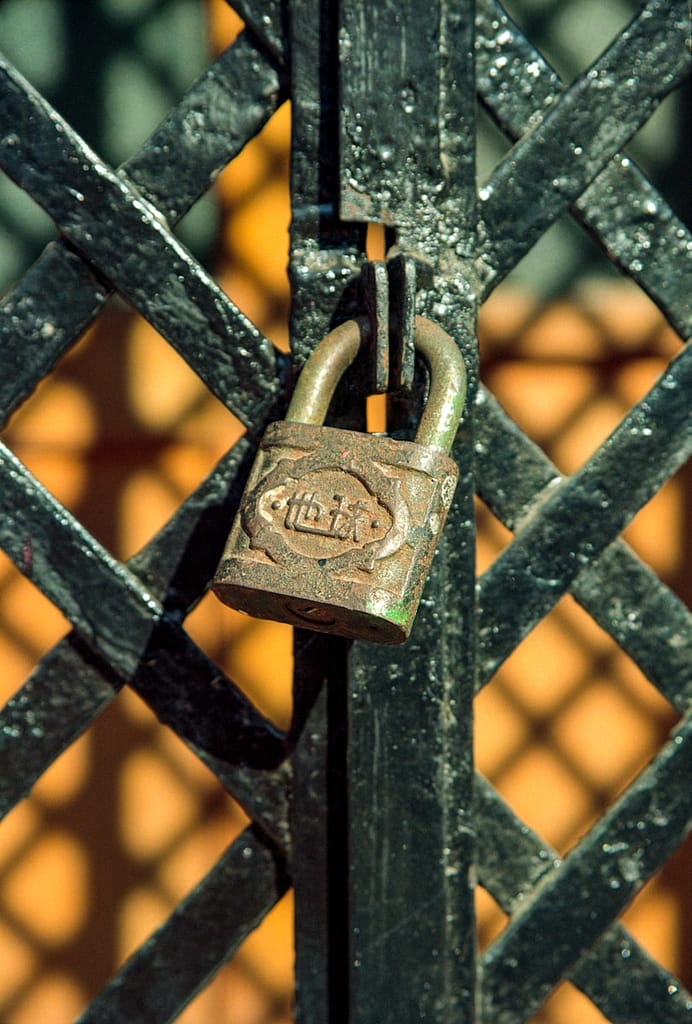
Orthodoxy comes from the Greek words orthos meaning right and doxa meaning belief or opinion. It literally means “right belief.” It’s about whether you believe the correct things: the creeds, the doctrines, the theological formulas. In Christianity, it decides who is orthodox and who is a heretic. The appeal is obvious. Orthodoxy feels safe and clear-cut. But it creates a culture where belonging depends on agreement, not compassion.
Looking back, I can see how much emphasis was placed on orthodoxy in my upbringing. It wasn’t presented as obsession, it was presented as faithfulness. And because I was inside it, it felt comforting. It gave answers to every question, even if those answers now seem simplistic. The problem is that orthodoxy doesn’t guarantee kindness. You can hold all the right beliefs and still treat people like dirt. Orthodoxy allows people to mistake intellectual assent for goodness.
The danger is that orthodoxy gives cover to hypocrisy. People can loudly proclaim belief while living in ways that contradict those beliefs. It measures words but ignores outcomes. And when belief becomes the main marker of worth, action gets sidelined.
Orthopraxy Meaning

Orthopraxy shares a similar origin to orthodoxy but instead of doxa meaning belief it uses the Greek word praxis meaning practice. It’s a term many people won’t have heard before, and it literally means “right practice.” Rather than focusing on what you say you believe, it shifts attention to how you live. Do your beliefs make you kinder? Do they lead you toward justice? Do they inspire compassion? Orthopraxy insists that belief without action is meaningless. It’s not about reciting the right words but embodying them in real life.
This way of seeing things makes far more sense to me now. Orthopraxy exposes empty claims. Someone can say they believe in love, but if their actions are cruel, their belief is hollow. Orthopraxy makes action the test of truth. Belief is cheap; practice costs something.
The beauty of orthopraxy is that it’s harder to fake. You can bluff orthodoxy by repeating doctrine. You can’t bluff kindness. Orthopraxy demands evidence in the form of lived compassion.
Why the Difference Matters
The difference between orthodoxy and orthopraxy isn’t abstract. It shapes whole communities. Cultures built on orthodoxy police boundaries, demanding conformity and punishing doubt. Cultures built on orthopraxy focus on how people live, how they treat one another, how they make the world better. One rewards correct answers. The other rewards love in action.
Learning that difference changed the course of my life. When I began questioning orthodoxy, I felt the weight of fear and exclusion. When I discovered orthopraxy, I felt freedom. I realised that I didn’t need to defend doctrine, I needed to live with integrity.
This matters politically too. Orthodoxy lets leaders excuse cruelty if they say the right things. Orthopraxy calls them to account. It forces us to ask whether policies produce justice and compassion, not just whether they echo religious slogans.
My Journey from Orthodoxy to Orthopraxy
Growing Up in Orthodoxy
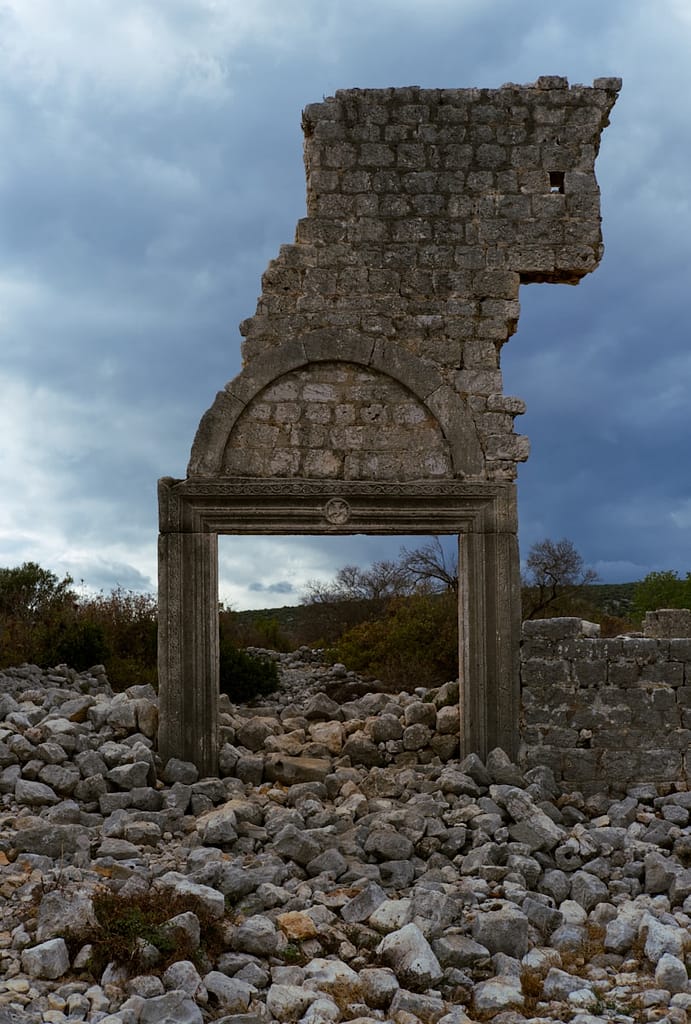
Growing up, orthodoxy was all I knew. Believe the right things, follow the right rules, stay within the lines. That was faith. I didn’t think of it as oppressive. I thought of it as truth. Doubt was dangerous, not because it was punished harshly, but because it meant stepping outside the safe boundaries that defined reality for me.
Now, looking back, I see how much that culture relied on orthodoxy. It shaped my imagination of the world. Anything that reinforced our beliefs was good. Anything that challenged them was evil or sinful. Orthodoxy created a framework where questions weren’t curiosity but temptation.
At the time, it didn’t feel like indoctrination. It felt like safety. That’s why I didn’t see it for what it was until later. Orthodoxy is powerful precisely because it feels like certainty when you’re inside it.
The Shift Through Deconstruction
Deconstruction was the process of learning to see what I had been immersed in. For years, I thought my struggle was with myself, with my inability to measure up. But when I began critically examining my beliefs, I realised that the issue wasn’t me. It was the orthodoxy I had been taught to protect.
Orthopraxy reframed everything. Instead of obsessing over being right, I started asking whether my life reflected compassion and justice. That shift was liberating. It meant I didn’t need to hold all the answers. I needed to live out my values in practice.
Deconstruction wasn’t easy. It meant unravelling certainty and risking belonging. But it also gave me freedom. Orthopraxy became a new foundation, one that asked me to embody love rather than defend doctrine.
Orthodoxy Weaponised
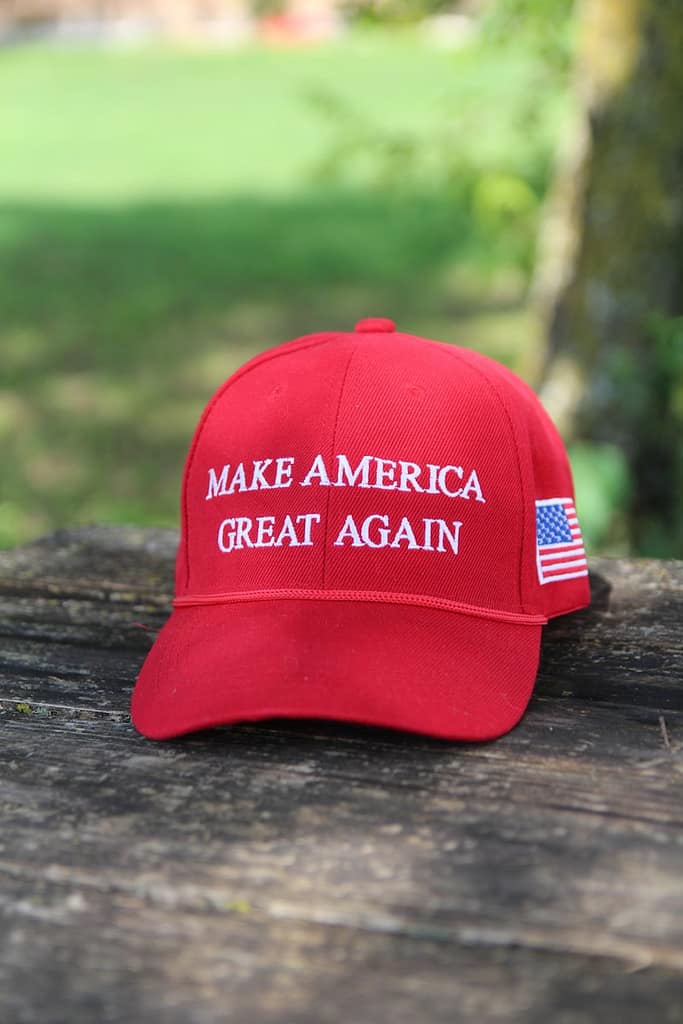
The clearest moment of seeing orthodoxy weaponised came during Trump’s original Presidential campaign in 2016. Watching Christians I knew align themselves with, defend, and even celebrate him as a chosen leader broke something in me. At a church holiday with thousands in attendance, guest speakers linked to Trump were welcomed on stage. I couldn’t unsee it. The faith I had known collided with political idolatry, and orthodoxy was the glue holding it together.
Trump became the final exposure. It wasn’t just about him as a person. It was about how orthodoxy gave cover to cruelty. Christians justified nationalism, anti-immigration, and exclusion of LGBTQ people because they believed they were defending correct doctrine. Orthodoxy gave them the excuse. Orthopraxy would have forced them to look at the harm their actions were causing.
That moment made it impossible for me to go back. Orthodoxy had revealed itself as hollow. Orthopraxy was the only way forward.
Living Orthopraxy Today
Scripture Through Orthopraxy
Reading the Bible through orthodoxy makes it a rulebook. Believe this, reject that, repeat after me. Reading it through orthopraxy transforms it. It becomes a set of stories about people trying to live faithfully in their own time. It becomes an inspiration, rather than a checklist.
This shift doesn’t erase the difficult parts. It reframes them. Laws that made sense in ancient societies don’t need to be dragged into 2025 unchanged. Orthopraxy asks what values those laws embodied and how we might embody them now. It invites us to wrestle, not to parrot.
That approach made scripture meaningful again for me. It stopped being about defending every word and started being about living differently. Orthopraxy made the Bible a mirror rather than a weapon.
Orthopraxy in Everyday Life
Orthopraxy isn’t just a religious idea. It shows up in everyday life. It’s in whether we listen when friends need us. It’s about whether we speak up when someone is mistreated. It’s in whether we show generosity and kindness in our communities. Orthopraxy makes ordinary choices the measure of spirituality.
For me, faith is no longer about whether I can defend doctrine. It’s about whether I embody compassion. Orthopraxy makes that the test. It asks whether my actions line up with the values I claim to hold.
And it’s uncomfortable. Orthopraxy isn’t about good intentions; it’s about costly love. It forces me to move past comfort into integrity. It doesn’t let me hide behind belief. It demands evidence in practice.
Orthopraxy in Tarot
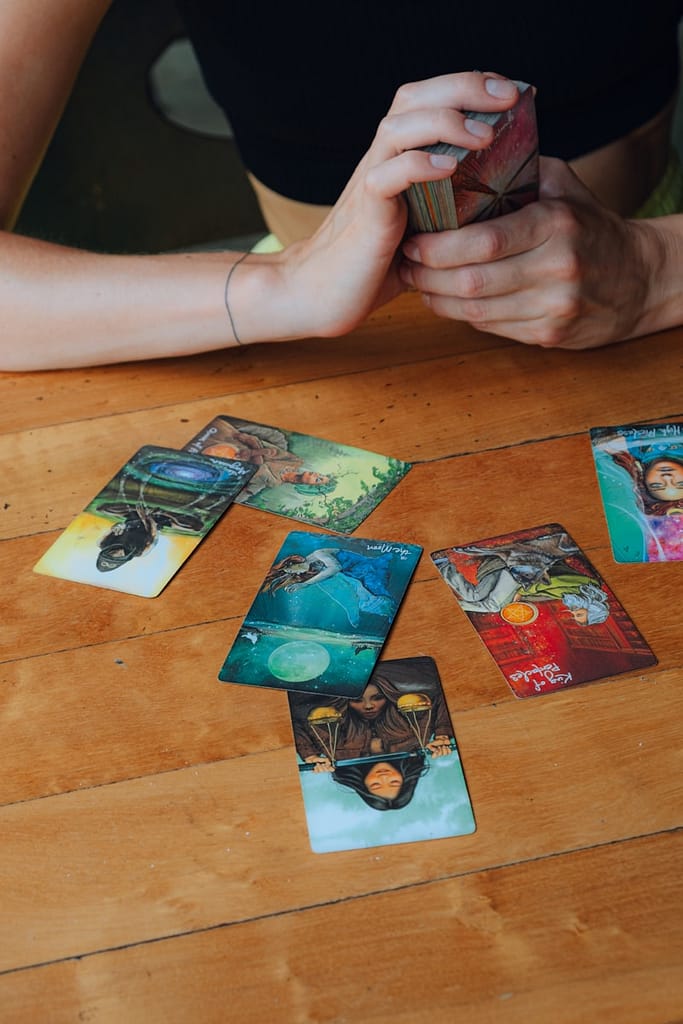
The same difference shows up in tarot. Tarot as orthodoxy is rigid. Each card has a fixed meaning. Each spread has a correct interpretation. The reader becomes a gatekeeper of the right answers. But tarot as orthopraxy is fluid. It asks how the cards help you reflect, how they shape the actions you take, how they move you forward.
That’s how I teach and practice tarot. It’s not about being right. It’s about being useful. Orthopraxy makes tarot a tool for empowerment rather than a test of knowledge.
In my tarot course, Simply Tarot, I teach the cards with orthopraxy in mind, rather than orthodoxy. It’s not about memorising fixed meanings or proving you’ve got the “right” interpretation. It’s about how the cards can help you reflect, shift perspective, and take steps that matter in real life. Orthopraxy makes tarot something embodied and lived, not just theory on a page.
Orthodoxy vs Orthopraxy in the End
Beliefs are cheap. Anyone can claim them. Orthodoxy without practice is hollow. Orthopraxy insists that what matters is how beliefs shape your life and the lives of those around you.
So here’s the challenge: stop measuring faith by whether it’s correct. Start measuring it by whether it produces kindness, justice, and compassion. Orthodoxy vs orthopraxy isn’t just an academic debate. It’s the difference between empty words and a life that makes the world better.
If you’re ready to move beyond hollow orthodoxy and start living out orthopraxy, book a tarot reading with me. We’ll use the cards to cut through the bullshit, focus on what really matters, and find the next steps that will actually make a difference in your life.

